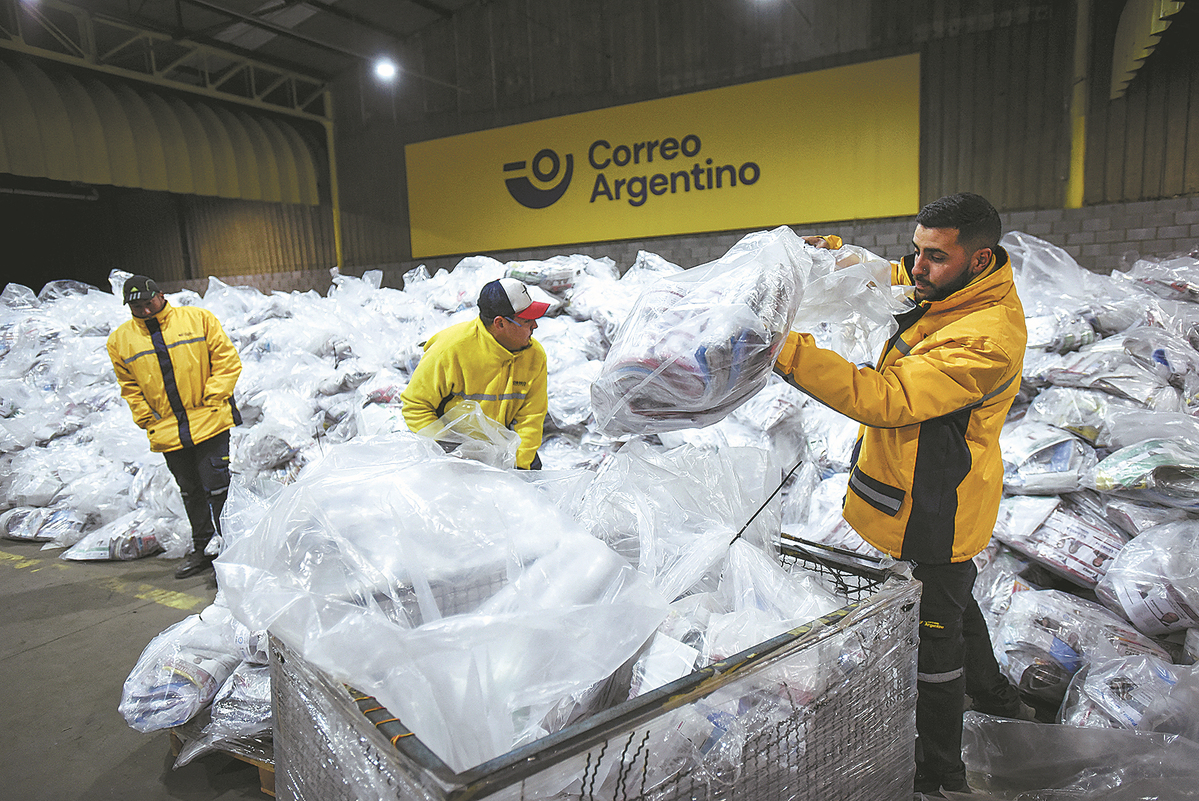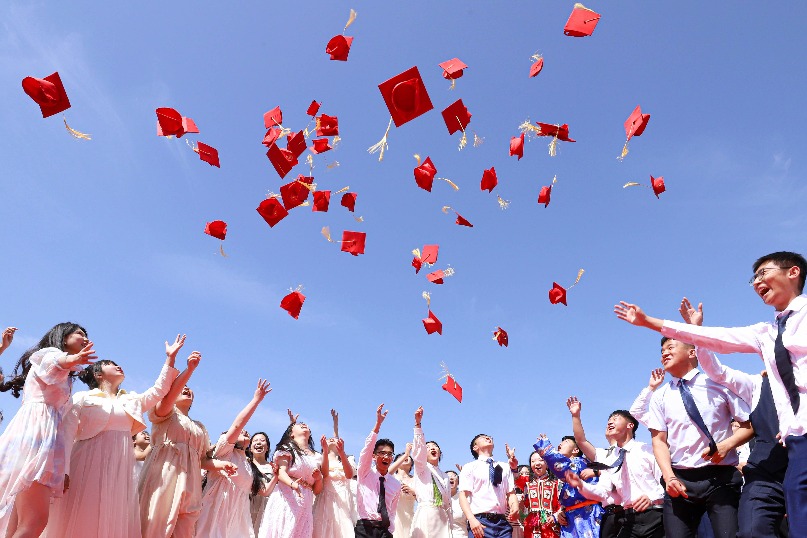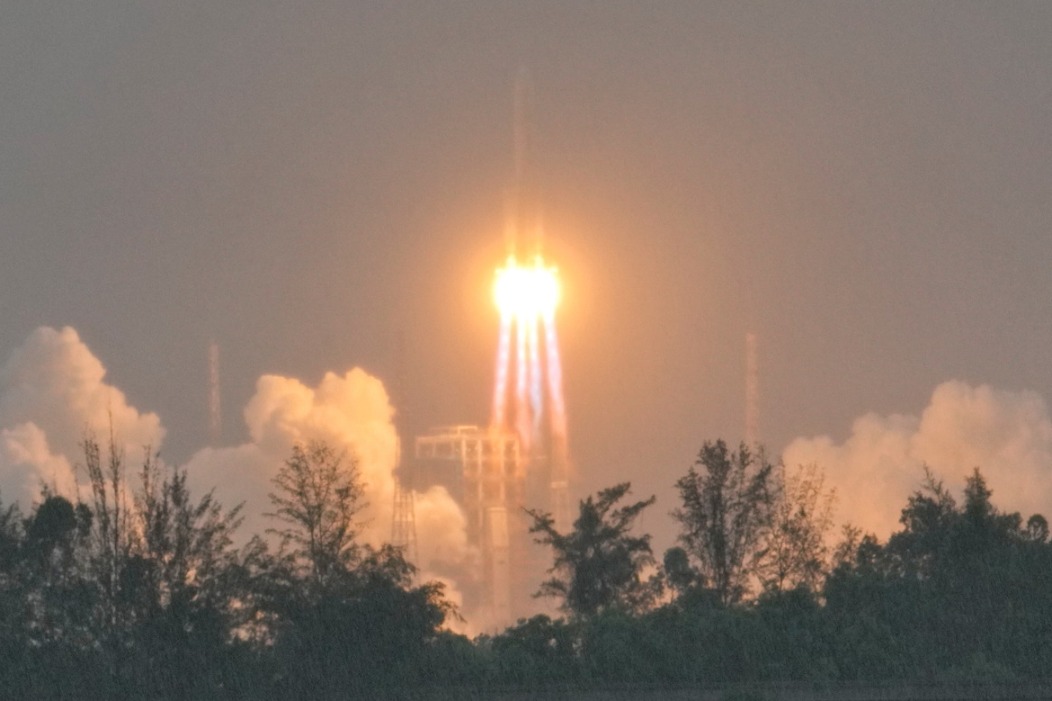Argentines vote in primary election
Updated: 2023-08-14 09:05

BUENOS AIRES, Argentina — Argentines were voting on Sunday in a primary election that will act as a bellwether before general elections in October as the country reels under inflation.
The primary is obligatory for most adults and each person gets one vote. It is expected to give a clear indication of who would be the favorite to take the presidency.
Polls opened at 8 am and voting centers were to close at about 6 pm, with the first results expected at about 9 pm.
The most important leadership race was in the conservative Together for Change coalition, between centrist Horacio Larreta and more hard-line rival, ex-security minister Patricia Bullrich. Both were pledging more austerity and freer markets.
A major X factor was libertarian economist Javier Milei, who had been getting nearly one-fifth of the likely vote in opinion polls and winning over voters with his brash, unapologetic style. He wants to dollarize the economy and shut down the central bank.
"A strong performance by the libertarian candidate would also constitute a surprise and could point to a three-candidate race in October," the investment bank Goldman Sachs said.
Pollsters forecast a low turnout.
Outside the political norm
"Higher abstention should be expected, perhaps also more blank votes. We have seen warning signs of this in the provincial elections held up to now," said political analyst Carlos Fara.
"The hardest element to predict is Milei's performance, because he's a phenomenon outside the political norm."
Pollsters saw the combined Together for Change opposition candidates just ahead of the ruling Peronist bloc, with Milei pulling close to 20 percent. Many, however, admit it's a hard race to predict.
It will be key for policy affecting Argentina's huge farm sector, one of the world's top exporters of soy, corn and beef, the peso currency and bonds, and ongoing talks over a wobbling $44 billion debt deal with the International Monetary Fund.
The government, battling an acute shortage of dollars, with annual inflation scraping 116 percent, and a fast-declining currency, has imposed strict capital controls, and limited some exports. That has made business difficult in one of the world's top soy oil and meal exporters and No 3 corn exporter.
Whoever wins in October, or more likely in a November runoff, will have major decisions to make on rebuilding depleted foreign reserves, boosting grains exports, reining in inflation and how to unwind a thicket of currency controls.
Xinhua
























